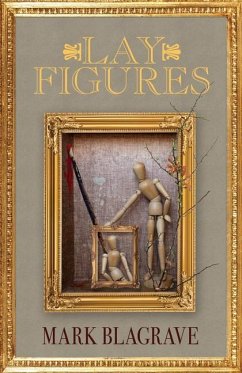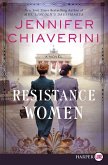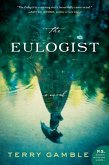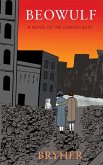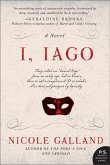In Saint John, New Brunswick in 1939, Elizabeth MacKinnon is swept up in the city's vibrant community of artists. She finds herself joining their struggles to make sense of making art in a time of economic depression. In a story that couples bitter despair with exuberant triumphs, Elizabeth and her fellow artists make life-changing discoveries about politics and social responsibility, desire and betrayal.
Hinweis: Dieser Artikel kann nur an eine deutsche Lieferadresse ausgeliefert werden.
Hinweis: Dieser Artikel kann nur an eine deutsche Lieferadresse ausgeliefert werden.

